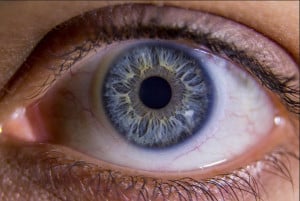
Dr. Jay S. Rosen, board certified optometric physician with SNEAD EYE GROUP, is trained in hard to fit corrective lenses which allow patients suffering from Keratoconus to drive legally and function in daily life. Whenever you notice a change in vision, you should consult with an eye care physician as quickly as possible. SNEAD EYE GROUP physicians are highly trained and experienced in diagnosing and treating issues such as keratoconus which could lead to further deterioration if left unattended.
Vision Insurance. Do I need it?
If you’re confused about the difference between vision and medical insurance, you’re not alone. Because vision insurance is supplemental to regular health insurance, it can be difficult to understand which benefits are included and which ones must be purchased.
Insurance companies sometimes handle routine eye exams differently than medical eye exams. Your medical insurance may cover a medical eye problem, but not pay for the exam if it is a “routine” eye exam for near sightedness for example. Many vision plans also provide coverage for glasses and contact lenses.
In addition, some medical insurance will cover one routine eye exam every two years in addition to covering an eye exam that is for a medical eye problem. Study your policy as plan coverage varies.
If you have concerns about your eye health, but you also need new glasses, your eye doctor may charge you a refraction fee. Insurance companies usually separate the components of an eye exam, one being the comprehensive exam and the other being the refraction. Typically, vision insurance policies usually cover both the eye exam and the refraction, while medical policies cover the exam only.
If you have questions about your vision insurance or your need for it, feel free to consult with a SNEAD EYE GROUP representative who can assist you. Life is busy enough. Worrying about your vision insurance shouldn’t complicate matters!